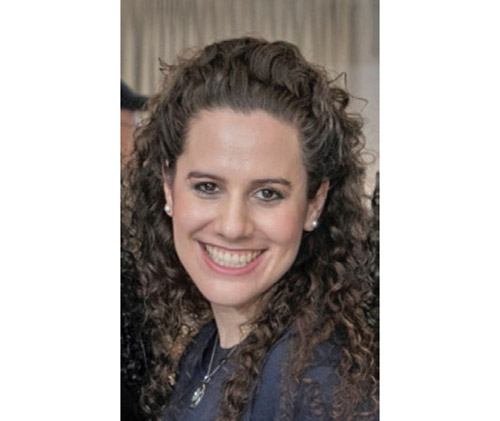
“Why didn’t she just leave him?”
Do we ever find ourselves asking this question after hearing about a woman in an abusive relationship? Parts of her want to stay and parts of her want to leave. Who can help her sort out this problem? Should she leave her husband or stay with him? At Project S.A.R.A.H., we help our clients make difficult decisions for themselves.
Women in abusive relationships are often conflicted about whether or not to leave their husbands. The woman herself needs to decide whether to stay or leave, since she’s the one living with the consequences of her decision. For example, a woman named Rosie has been putting up with her husband’s name calling, belittling, embarrassing remarks and violent bursts of anger in front of family and friends. When it comes to thoughts about leaving the relationship, Rosie recognizes that it is not healthy for her children to watch their parents’ interactions. She feels that some of her children act out in school or show concerning symptoms at home as a result. She has tried acting differently towards her husband, sought advice from mentors and rabbis and participated in couples therapy. Her husband continues to reject the idea of attending therapy, saying that she is the one with the problem. Rosie understands that she alone will not be able to resolve these marital issues and has come to terms with her current situation.
On the other hand, Rosie has very legitimate reasons for wanting to stay in the relationship. She experiences guilt regarding her situation, and thinks “I have failed to live up to the goal of creating a happy Jewish home” and “It is my responsibility to maintain a peaceful environment in my home, I need to try harder.” These issues are generally kept private from the public. Secrecy is a barrier to receiving assistance. From her perspective, she is the only one in her community struggling with shalom bayis (peace in the home) issues. She may be concerned about stigma and the social difficulties her children will face when they are of marital age. Central to the conflict are feelings of love for the spouse that exist in spite of ongoing abusive behaviors.
Fear of the unknown can also prevent a woman from making the decision to leave her abusive husband. Rosie worries about the financial limitations of a single-parent household and is sure her children will be better off living in a home with both parents. After considering her options, she believes that even though her current circumstances are bad, at least they are known and somewhat predictable. Leaving her husband would bring on new challenges that she does not feel prepared to handle.
At Project S.A.R.A.H., Rosie does not have to make this decision on her own. Project S.A.R.A.H. offers assistance, including individual therapy, safety planning and support groups to help women in these predicaments gain clarity regarding which direction to take. In therapy, clients may gain insight and awareness, and become empowered. Project S.A.R.A.H. staff present clients with resources that can be made available to them.
It may not be safe for Rosie to stay in her current situation, but it also may be dangerous for her to leave, since her husband’s abusive behavior toward her may escalate. Therefore, safety planning is part of the therapeutic interventions.
Rosie recognizes that she is in a challenging relationship and joins the Project S.A.R.A.H. Women Support Group. This group enables women in different stages of these relationships to feel validated throughout their journeys. By sharing their experiences, they realize that they are not “crazy,” nor are they the only ones in the community struggling with these sensitive issues.
There are many reasons to leave, but there are also grounds for a person to want to remain despite the negatives in the relationship. Making this decision can be a very stressful and anxiety-provoking period of time. Project S.A.R.A.H.’s goal is to help women feel strengthened, supported and aware of their options in order to move forward in a safer direction.
Join Project S.A.R.A.H. this Sunday, April 22, at 9:30 a.m. at Keter Torah at the annual fundraising breakfast to learn more. You can also find them on the web at www.projectsarah.org, or call 973-777-7638.
By Shira Pomrantz










